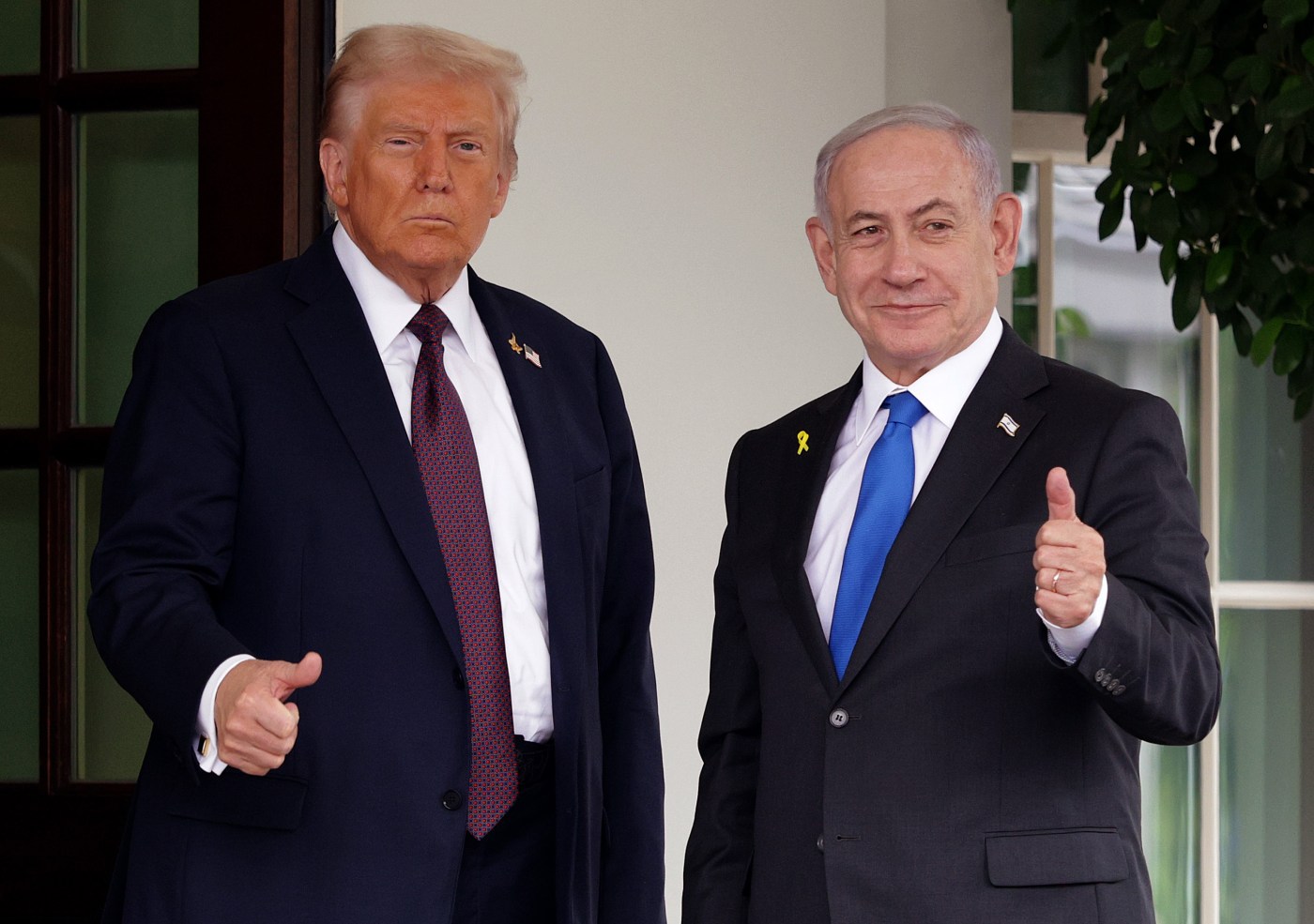The ongoing conflict in Gaza may soon see a resolution as President Donald J. Trump has introduced a comprehensive peace plan aimed at ending the war and dismantling Hamas as a governing authority. This announcement coincides with the two-year anniversary of the October 7, 2021, surprise attack by Hamas, which resulted in significant loss of life and devastation in the region. The plan has garnered support from key international players, including European nations and several Arab states.
The proposed peace initiative, presented in a meeting with Israeli Prime Minister Bibi Netanyahu, outlines a 20-point strategy that envisions a future for Gaza devoid of terrorist influence. It is anticipated that the remaining Israeli hostages will be released soon, allowing for a cessation of hostilities. Trump’s plan aims to create a framework for a stable and peaceful governance structure in Gaza, with the focus on humanitarian aid and rebuilding efforts.
According to the details shared, the plan includes the establishment of a “technocratic, apolitical Palestinian committee” composed of qualified Palestinians and international experts. This committee will operate under the oversight of a new international body, the “Board of Peace,” which will be chaired by Trump and include former British Prime Minister Tony Blair.
The plan also proposes the deployment of a temporary International Stabilization Force (ISF) to assist in establishing security in Gaza. This force will work closely with Palestinian police, as well as consult with neighboring countries such as Jordan and Egypt, which have substantial experience in this area.
The Trump plan emphasizes that Hamas must relinquish all control over governance in Gaza, stating that “Hamas and other factions agree to not have any role in the governance of Gaza, directly, indirectly, or in any form.” This includes dismantling military infrastructure and ceasing all forms of offensive operations.
Hamas has faced significant military losses over the course of the conflict, and the proposed plan offers its members a choice: embrace peaceful coexistence and surrender their weapons for amnesty, or leave Gaza for other countries willing to accept them.
The international community’s backing of the Trump plan signals a potential shift in the long-standing dynamics of the Israeli-Palestinian conflict. If successful, the framework could lead to economic development and rebuilding efforts in Gaza, ultimately aiming to improve the quality of life for residents who have suffered under years of violence and instability.
As talks progress, the focus now remains on the immediate release of hostages and the future governance of Gaza, where the hope for peace stands in stark contrast to the legacy of Hamas, which has ruled the territory since 2007. The global consensus on this peace initiative could herald a new chapter for both Israelis and Palestinians, moving towards a future defined by stability rather than conflict.
